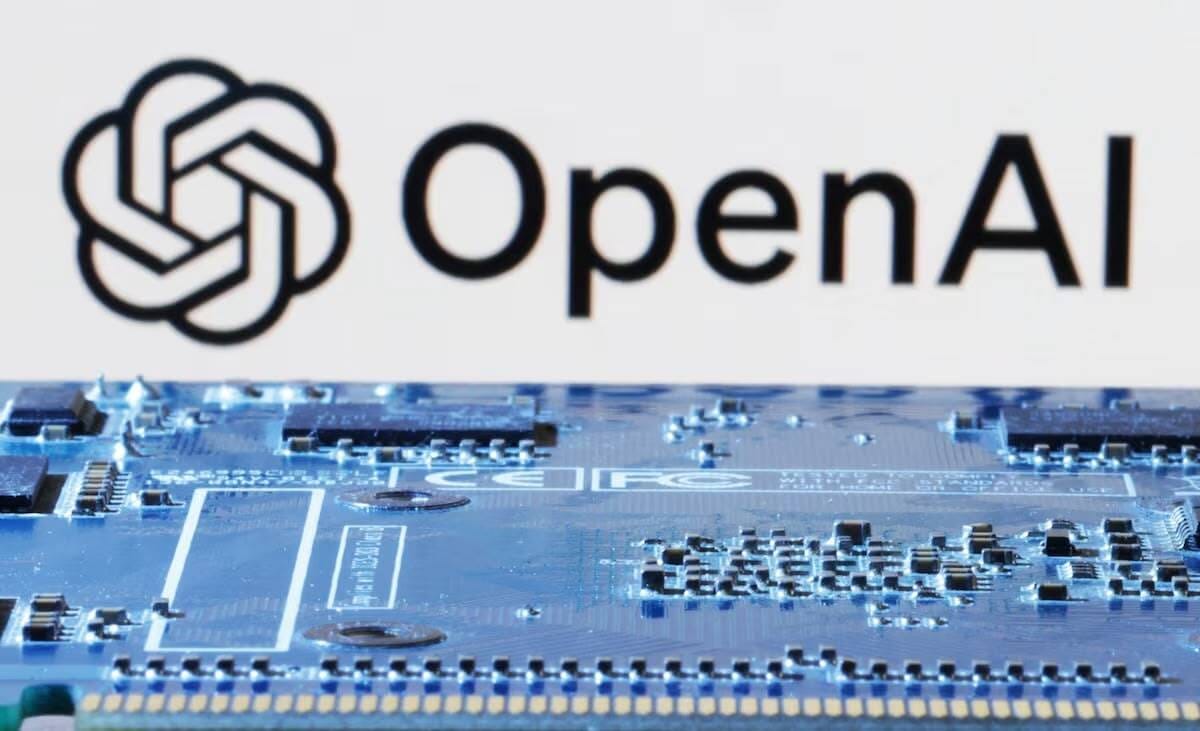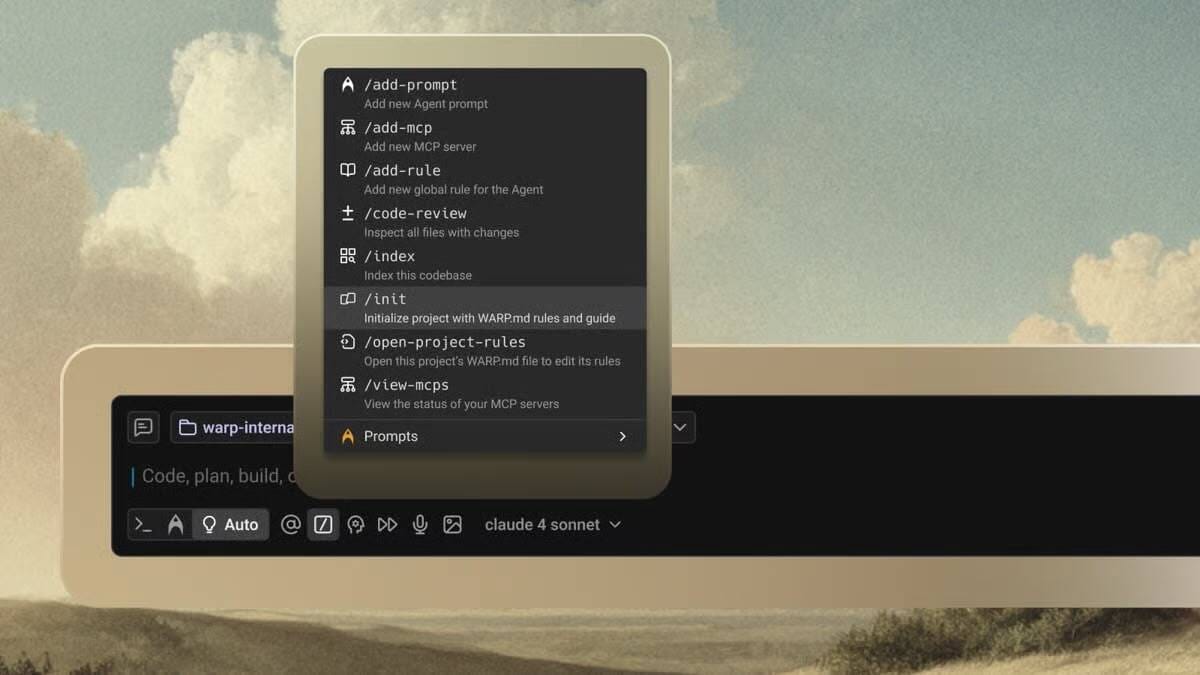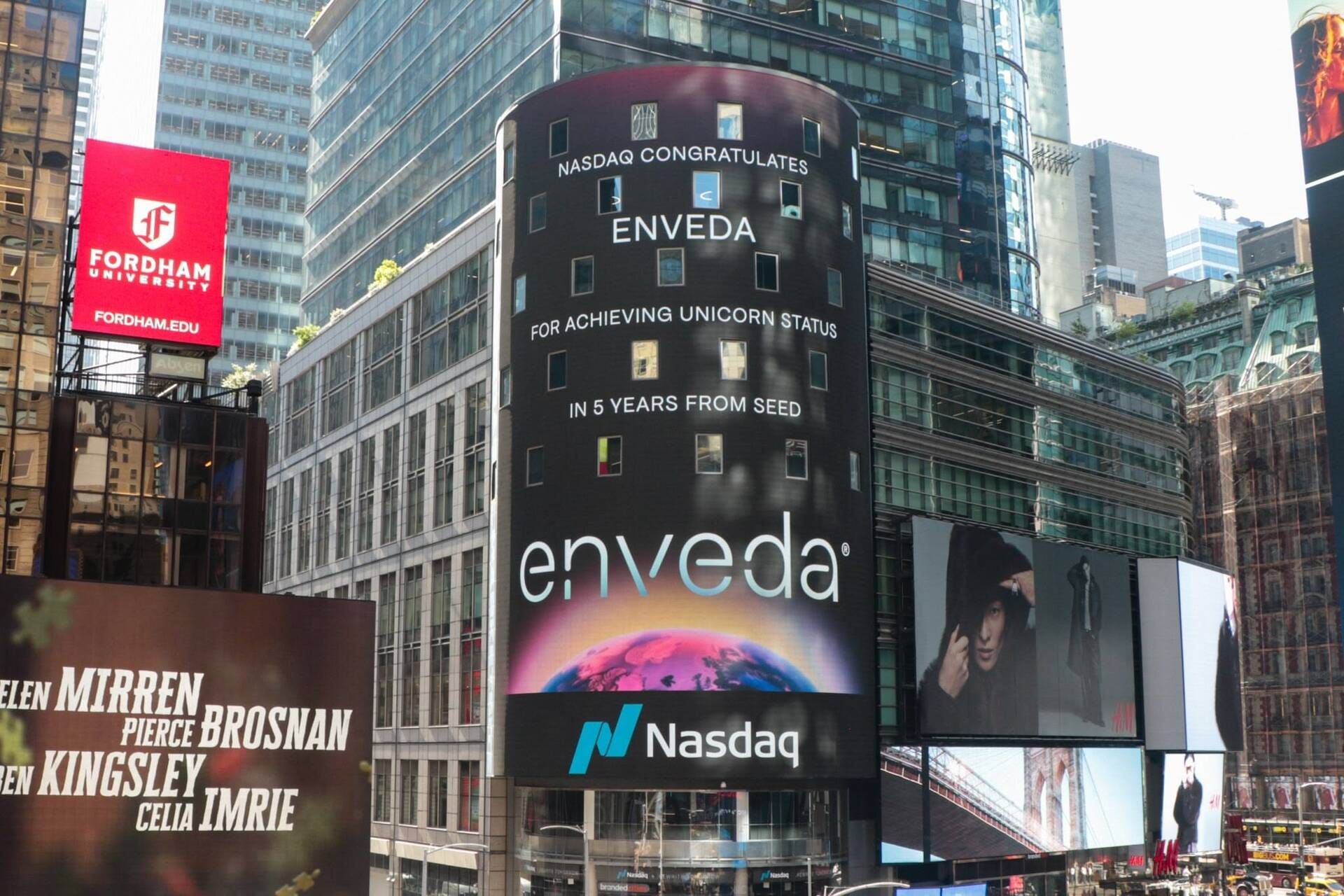September 08, 2025
It's Monday. OpenAI just announced plans to develop custom AI chips with Broadcom, breaking its dependence on expensive Nvidia hardware.
Could this $10 billion investment trigger an industry-wide shift toward proprietary AI computing?
In today's recap:
OpenAI plan to produce its own AI chip
Warp launches AI coding tool
Court lets Google keep Chrome browser
AWS brings cloud services to New Zealand
Enveda hits unicorn status mining plant medicines
OPENAI
OpenAI plan to produce its own AI chip
Recaply: OpenAI announced plans to create its own AI chips starting in 2026. The ChatGPT maker partnered with Broadcom to design these custom processors. This move helps OpenAI reduce its heavy dependence on Nvidia chips, which have become expensive and hard to get. The company wants more control over its computing power as AI demands grow rapidly.
Key notes:
Broadcom received a $10 billion order from OpenAI for chip development.
Taiwan's TSMC will manufacture the chips using advanced technology.
OpenAI hired 40 engineers, including former Google chip experts.
The chips will only power OpenAI's systems, not be sold to others.
Production aims to cut computing costs by 20-30 percent.
Impact: This strategy mirrors what Google and Amazon already do with their own chips. OpenAI's move could pressure Nvidia to lower prices and push other AI companies to make similar chips. It shows how important controlling hardware has become for AI leaders.
TOGETHER WITH 1440 MEDIA
Receive Honest News Today
Join over 4 million Americans who start their day with 1440 – your daily digest for unbiased, fact-centric news. From politics to sports, we cover it all by analyzing over 100 sources. Our concise, 5-minute read lands in your inbox each morning at no cost. Experience news without the noise; let 1440 help you make up your own mind. Sign up now and invite your friends and family to be part of the informed.
WARP
Warp launches AI coding tool
Recaply: Warp introduced Warp Code, a new set of features that helps developers write software using AI agents from start to finish. The platform lets programmers type simple instructions and watch AI create code automatically. Warp's coding agent scored first place on Terminal-bench tests and ranked third on SWE-bench Verified with a 75.8% score. The company built special tools for reviewing AI-generated code and editing files directly in their app.
Key notes:
Developers can now code by typing plain English instructions instead of writing code by hand
Warp's AI agent ranks as the top performer on major coding benchmarks this year
The platform includes code review features designed specifically for checking AI-written code
Users save an average of one hour daily and accept 97% of the AI-generated code changes
Projects can be set up with special WARP.md files that give the AI better context about the work
Impact: This release shows how coding is shifting from manual programming to AI-assisted development. As more developers adopt prompt-based workflows, tools like Warp Code could reshape how software gets built, making programming more accessible to people with different skill levels.
Court lets Google keep Chrome browser
Recaply: A federal judge delivered Google a huge win by allowing the company to keep its Chrome browser. Instead of the government's demanded sale, Google faces lighter penalties including sharing search data and dropping exclusive contracts with device makers like Apple.
Key notes:
US District Judge Mehta called a forced Chrome sale a "poor fit" and overly risky.
Google pays Apple billions yearly to be Safari's default search engine but those exclusive deals must end.
The tech company must provide search index data to competitors while protecting ad revenue streams.
Perplexity AI had offered $34.5 billion to buy Chrome before the ruling.
The decision avoids the most severe antitrust breakup since Microsoft in the 1990s.
Impact: Tech companies facing similar government scrutiny can breathe easier knowing judges prefer measured remedies over dramatic breakups. The ruling balances competition concerns with business stability as AI transforms the search industry.
AMAZON
AWS opens first New Zealand data center
Recaply: Amazon Web Services launched its first cloud region in New Zealand, bringing local data storage and faster internet speeds to Kiwi businesses. The new facility serves three availability zones and allows companies to keep their data within New Zealand borders while accessing powerful cloud tools.
Key notes:
Amazon invested $7.5 billion NZD to build the New Zealand region.
The facility will create 1,000 new jobs each year for locals.
Companies can now store data locally while meeting compliance rules.
The region runs entirely on renewable energy from Mercury New Zealand.
New Zealand becomes the 38th country with AWS infrastructure.
Impact: This launch transforms how New Zealand businesses use technology. Local companies can now access world-class cloud services without sending data overseas, making operations faster and more secure while supporting the country's growing tech industry.
ENVEDA
AI plant hunter becomes billion-dollar bio star
Recaply: Enveda, a biotech company from Boulder, Colorado, just hit unicorn status after raising $150 million. The firm uses artificial intelligence to search through thousands of plants, looking for the next big medical breakthrough. Instead of waiting centuries for chance discoveries like aspirin, they want to speed up nature's pharmacy with smart technology.
Key notes:
Enveda raised $150 million, pushing its value over $1 billion and total funding to $517 million.
The company stores 12,000 plant samples in a Colorado warehouse for AI analysis.
Their first drug comes from a plant that traditionally treats asthma and eczema symptoms.
Two more treatments are entering human trials, including a weight-loss pill the CEO calls "the first statin for obesity".
Founded in 2019, the company already has patients in its first clinical trial.
Impact: Enveda shows how AI can transform ancient plant wisdom into modern medicine. By combining technology with nature's vast medicine chest, they could revolutionize how quickly new treatments reach patients who need them.
NEWS
📰 What matters in Tech right now?
JetBlue partnered with Amazon's Project Kuiper to provide Wi-Fi service for 25% of its fleet.
Stripe launched Tempo, a new blockchain company focused on high-volume stablecoin processing with partners including Anthropic and OpenAI.
Amazon's Project Kuiper demonstrated satellite internet speeds of 1,280 Mbps in recent testing.
Instagram released its first dedicated iPad app, optimizing the platform for tablet users.
The U.S. Patent Office rejected Neuralink's trademark applications for "telepathy" and "telekinesis" related terms.
OpenAI announced plans to build a data center in India as part of its major Stargate expansion.
EVENTS
Tech Week 2025: Oct 06 – Oct 12, 2025 · San Francisco, California, USA
SPLASH 2025: Oct 12 – Oct 18, 2025 · Singapore
Oracle AI World 2025 : Oct 13 – Oct 16, 2025 · Las Vegas, Nevada, USA
Dreamforce 2025 : Oct 14 – Oct 16, 2025 · San Francisco, California, USA
Ada Lovelace Day 2025 : Oct 14, 2025 · Global
Tech in Asia Conference 2025 : Oct 22 – Oct 23, 2025 · Jakarta, Indonesia
Adobe MAX 2025 : Oct 26 – Oct 30, 2025 · Los Angeles, California, USA
NVIDIA GTC 2025 : Oct 27 – Oct 29, 2025 · Washington, D.C., USA
🧡 Enjoyed this issue?
🤝 Recommend our newsletter or leave a feedback.
How'd you like today's newsletter?
Cheers, Jason










